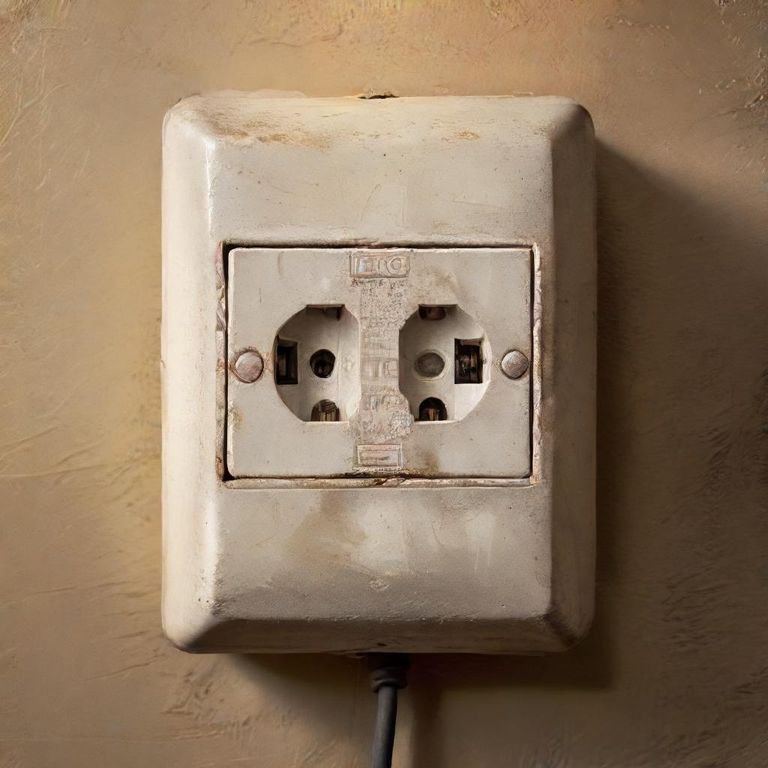Voltage Converter: 110V or 120V
Calculated Power
Understanding 110 or 120v Power Systems
When dealing with electrical devices, one common question arises: should I choose a 110 or 120v system? Understanding the differences is crucial for ensuring compatibility and safety.
How Do You 110 or 120v?
In essence, both 110v and 120v represent the same standard voltage levels used in residential settings, particularly in North America. The slight variation stems from historical reasons and manufacturer standards. Most devices rated for 110v will operate effectively at 120v.
Benefits of Using a 120v System
- Increased efficiency: Appliances designed for 120v often perform better.
- Widespread compatibility: Many modern devices are optimized for 120v, reducing the need for converters.
- Enhanced safety: Utilizing proper voltage reduces the risk of overload.
Common Mistakes or Usage Tips
When transitioning from older systems, users often overlook the voltage requirement. Here are some tips to 110 or 120v correctly:
- Check appliance ratings to confirm compatibility.
- Invest in a reputable voltage converter if necessary.
- Always use properly rated circuit breakers for your voltage level.
10 Key Facts About 110 or 120v
- How does 110 or 120v work? It works by delivering consistent electrical power to devices, ensuring their operation.
- Can you easily 110 or 120v? Yes, especially if your appliances are rated for either voltage.
- Is 110 or 120v safe for all devices? Generally, yes—just verify the manufacturer’s voltage recommendations.
- What happens if I use a 110v appliance on 120v? Most will function safely, but check for specific manufacturer warnings.
- Are there benefits to using 110 instead of 120v? While rare, some older appliances may require the 110v standard for optimal operation.
- How to convert 110 or 120v? Using a step-down transformer can safely convert 220v to 110v.
- What tools are needed for 110 or 120v assessment? Use a multimeter to measure voltage accurately.
- Which countries use 110 or 120v? Primarily the United States, Canada, and a few other regions.
- Can I use 220v devices with 110 or 120v? Only with proper conversion equipment.
- How to ensure my home is compatible with 110 or 120v? Consult with a licensed electrician to verify wiring and outlets.
Interesting topic! I’ve always wondered if 110v is really enough for everything we do. Anyone had any issues with it? 🤔
Honestly, I’ve never thought about this before! Is it just a regional thing? Crazy how many small details we overlook!
Seems like 120 is the way to go, but I wonder why some places still use 110? Anyone know the history behind it?